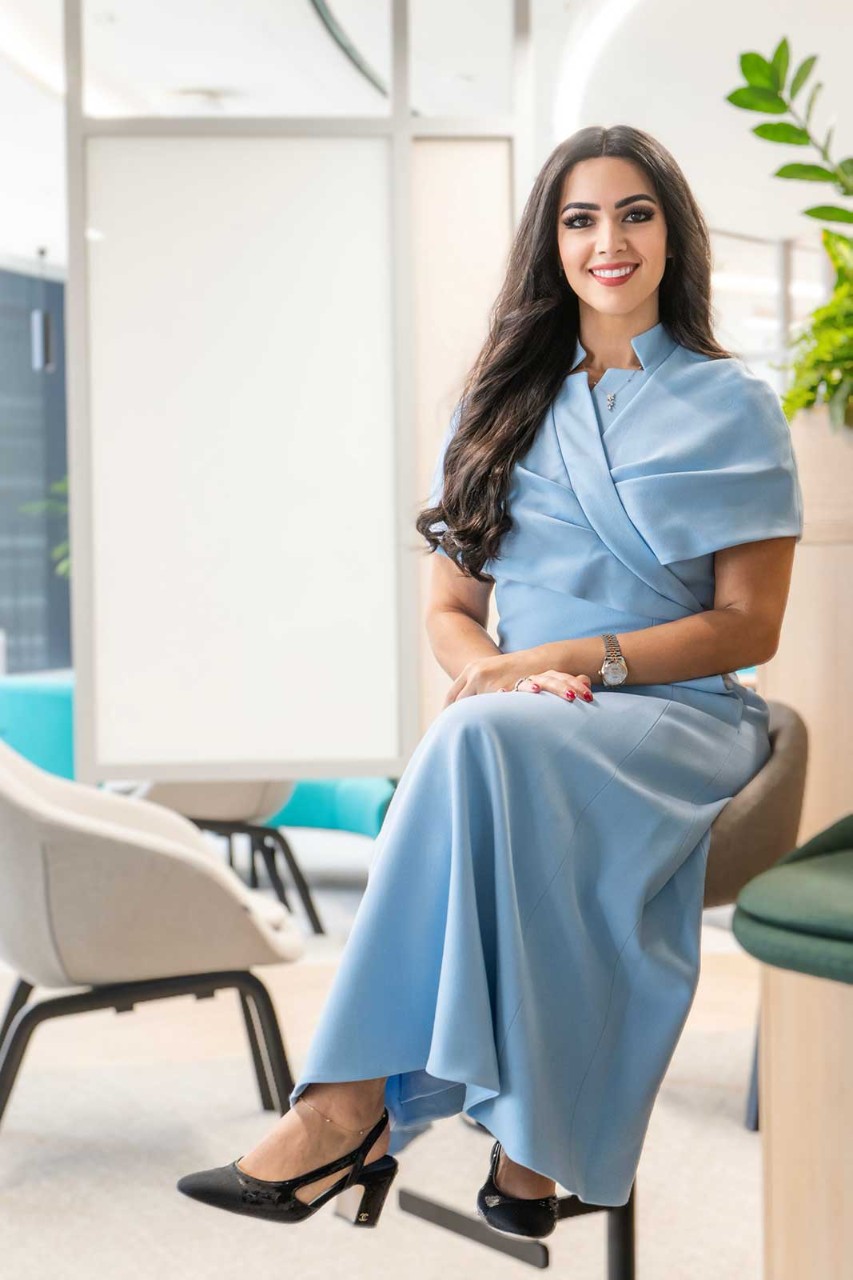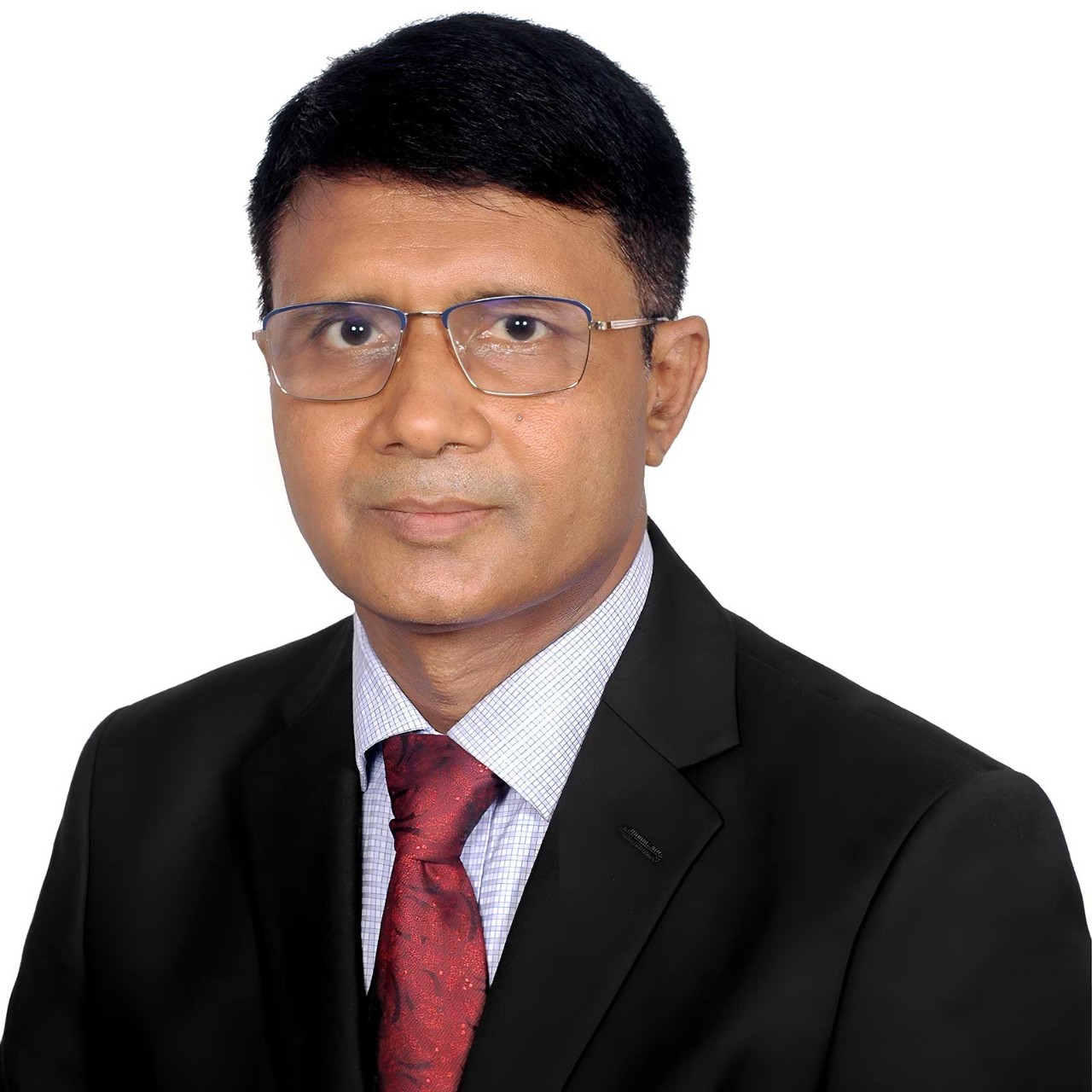
As the indirect tax controversy leader at Deloitte in Riyadh, Hadeel Biyari ACCA works at the leading edge of tax advisory work in Saudi Arabia.
Since becoming Deloitte’s first indirect tax partner in June 2023, Biyari has endeavoured to bring clarity to clients and leadership to her team, particularly younger tax professionals and women.
‘I have a passion in terms of inspiring youth in general,’ she says, ‘and particularly women, as we need more diverse leaders in this field.’
‘If you are just trying to meet KPIs, you are unlikely to enjoy the journey’
Advocacy
Role modelling is clearly important to Biyari. Not only is it personally satisfying to work at a high level in the complex and dynamic field of tax investigations – supporting clients with tax compliance and best practice and providing expert support at tribunals – but her role gives her the opportunity to advocate for her team, promote their development and inspire them to achieve great things.
‘What we do is very challenging,’ she says. ‘Every day presents something new. It can be frustrating not to have the answers straight away, and dealing with the courts is certainly not easy. But I am passionate about seeing the impact of our work. I love to learn, not just within my area, but also about tax in other jurisdictions. Being in tax and part of a global network at Deloitte allows me to do that every day.
'This continuous learning brings me joy and further builds my confidence. It also equips me to represent my country wherever I go, bringing back best practices and sharing that knowledge to help create a better tax environment in the Kingdom of Saudi Arabia.’
She places a premium on sharing opportunities, encouraging her younger colleagues to carve out their own niche areas and favoured industry sectors. ‘I tell them: “Always find what truly excites you, because if you are just trying to meet KPIs you are unlikely to enjoy the journey. If your passion is in real estate, consumer, or financial services, let me know. I will do my best to help you dive into that world so you can enjoy what you do and deliver great results.”’
CV
2020
Senior tax manager, then director, then partner, Deloitte, Saudi Arabia
2017
Assistant manager, then tax manager, EY, UAE
2007
Financial analyst, Saudi Aramco, Saudi Arabia
Expert knowledge
Throughout her career, Biyari has sought to develop in-depth knowledge through research and first-hand experience.
At Saudi Aramco, for instance, where she began her career in 2007 and was picked for the state-owned energy company's highly selective scholarship programme, she embraced a very technical payments project, streamlining complex manual processes and data sources and communicating new standardised procedures for the benefit of colleagues.
In 2016, when the Gulf Cooperation Council (GCC) Value Added Tax (VAT) framework was introduced, she was asked to lead Aramco’s VAT implementation. Again, she started by seeking out subject matter experts across the company, setting up a project team and establishing an implementation plan.
Aramco’s VAT implementation took effect after Biyari had moved to EY in the UAE, but that early work was instrumental in understanding the complexities of VAT on companies' transactions, especially in large, highly complex organisations like Aramco. She has since leveraged this experience to navigate the intricacies of VAT regulations across different GCC jurisdictions, gaining additional expertise to share with colleagues.
‘I developed a comprehensive guideline on tax controversy procedures’
Tax tribunals
Biyari spent three years at EY, also in indirect tax, before returning to Saudi Arabia and joining Deloitte, where she was initially given the tax controversy and litigation portfolio, as clients faced a growing need to get to grips with the region’s new VAT regime.
‘I’m an Arabic speaker, I’m local and I can deal with the tax authorities at the tax tribunal level, so it made sense that I would handle this portfolio,’ she says.
Since VAT was still relatively new, her department was initially a compliance and advisory function within the practice. Expanding on her existing knowledge, Biyari developed a comprehensive guideline on tax controversy procedures, to help herself and colleagues navigate the controversy and litigation processes from end to end.
‘The achievement for me is when my work changes the results and influences policy’

'To present strong cases before tax authorities and tribunals, it's crucial to have a comprehensive understanding of the entire judicial system along with the specific business operations and transactions and how tax laws apply to them,' she says.
'The real achievement for me is when my work doesn't just win cases – it changes the results and influences policy at a national level. That's when I know I've made a real impact!'
VAT’s big bang
At the start of VAT implementation across the region, compliance was a matter of understanding and applying the law. Tax investigations came later as the regime matured. ‘Once you start filing the returns, the tax authorities start auditing and this is when investigations are triggered,’ she says.
Almost immediately, the workload increased, she explains. ‘There was a huge increase in the number of cases lodged at the tribunal level, and obviously the number of tax audits was just enormous at that time.’
Today, the issues that clients bring to the table still arise from organisations moving from an untaxed period to a taxed one. And even in the short period since the introduction of VAT, the tax authorities and their procedures have evolved while tax digitisation has moved swiftly on.
‘I have made it my mission to grow the team organically and empower women’
Interplay
In a more interconnected world, taxation has become multidisciplinary, multi-agency and almost collegiate, she says. Its importance, complexity and dynamic nature are strongly appealing. All relevant laws and regulations have to be weighed and understood. Deloitte’s tax advisers need to appreciate the interplay of company and tax law for each regulated sector.
And the region’s business landscape is constantly evolving. Saudi Arabia has five special economic zones, which attract tax incentives and new regulations. The advisory firms play an acknowledged and increasingly important role in this context. ‘There’s a high demand for what we are doing, and I would say the authorities and other regulators actually see us as their ambassadors in the market. We are bringing these areas together and bridging that knowledge gap.’
Being made partner last year was, she says, her dream, one that brings with it a sense of pride, and she is keen that other young women should follow in her footsteps.
‘I have made it my mission to grow the team organically, transferring knowledge to them, and to empower women within the practice.’


